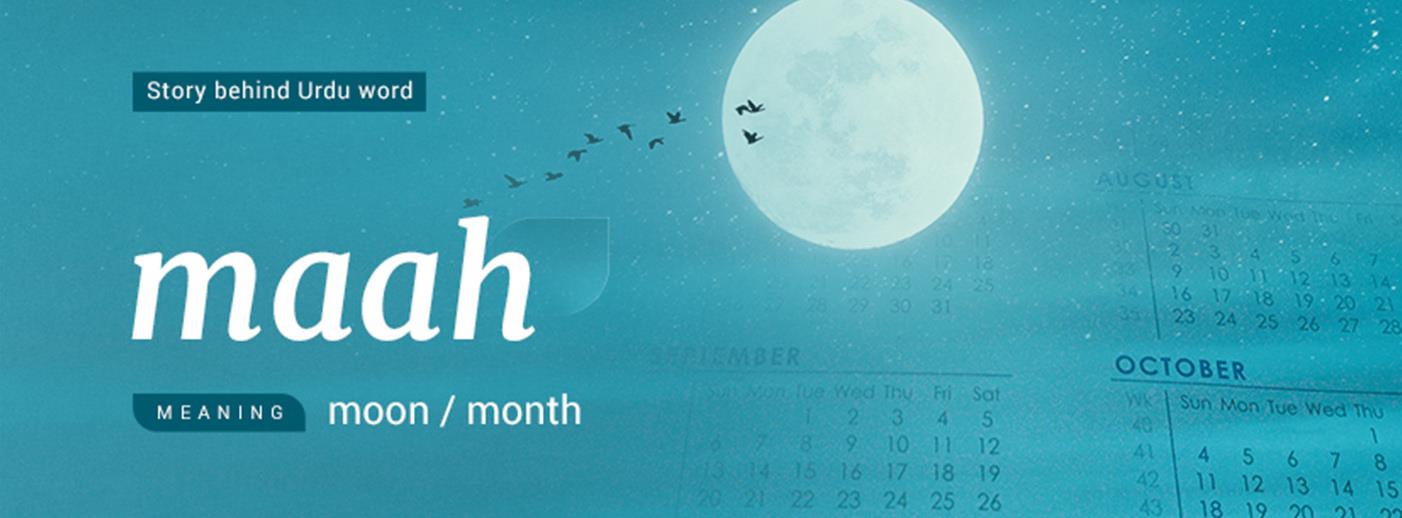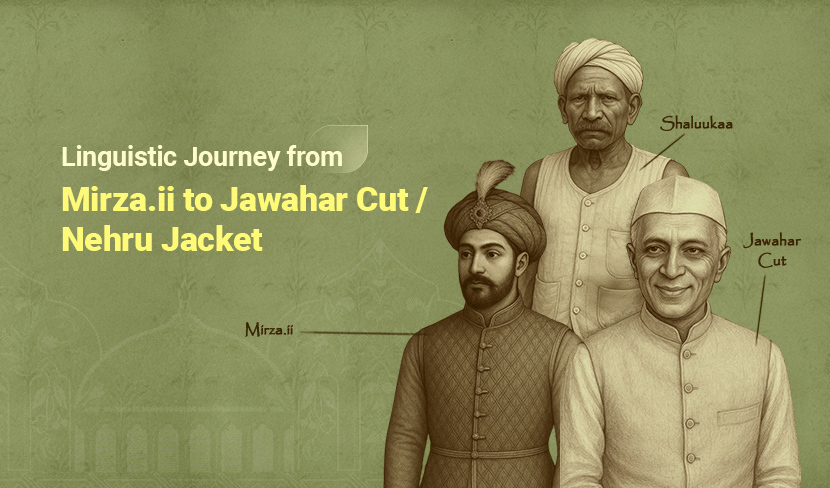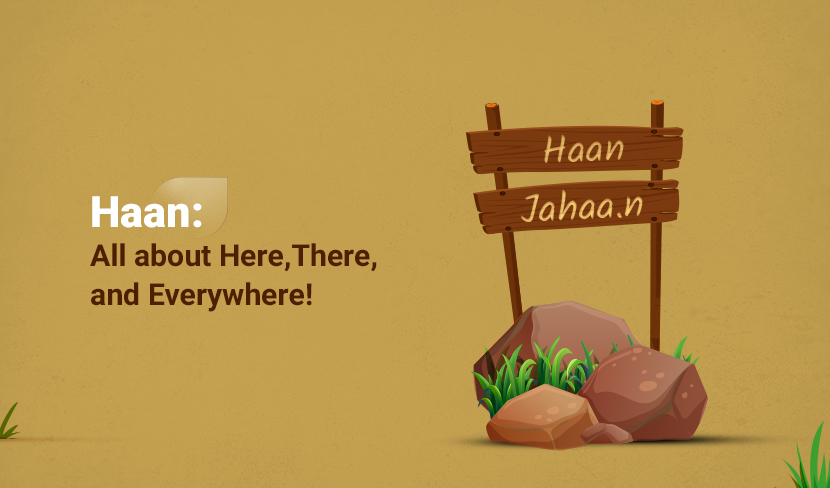زیادہ تلاش کیے گئے الفاظ
محفوظ شدہ الفاظ
کِھسیانی بِلّی کَھمبا نوچے
جسے غصہ آرہا ہو وہ دوسروں پر اپنی جھلاہٹ اتارتا ہے، بے بسی میں آدمی دوسروں پر غصہ اتارتا ہے، شرمندہ شخص دوسروں پر اپنی شرمندگی اتارتا ہے، کمزور کی جھنجھلاہٹ
چَمَنِسْتان
ایسا باغ جہاں پھول کثرت سے ہوں، ایسی جگہ جہاں دور تک پھول ہی پھول اور سبزہ سبزہ نظر آئے، گلزار، گلستان، باغ، پھولوں کا قطعہ، سبز کھیت
The Curious Case of the word Maah

Words are a great way to map not only how different languages are intertwined, but also how all of the sciences are related to each other.
Before we dive into our feature-word ‘Maah’, let’s quickly rope in another closely related word, ‘Shahr’.
The word Shahr, meaning city or town, is known to one and all and barely needs an introduction. But what’s less known is that it also has an Arabic twin to it; ‘Shahr’ in Arabic means to show up, emerge, or make something public.
On paper, these two words are written exactly the same way. So, what is it that makes them common? And what is it that makes them distinct? Well, essentially, the same thing!
The Arabic Shahr also means ‘Moon’. Why? Because the moon “emerges”, and the emergence of moon brings forth a ‘Month’, which is another one of Shahr’s (Arabic) meanings.
From Emergence to Moon to Month, notice an incognito logic running behind?
Well, the same logic gave way to the word ‘Maah’ in Persian, which means both moon and month. And here comes the twist in the tale, the Persian ‘Maah’ is nearly based on the Sanskrit word ‘Maasa’, again, meaning both moon and month.
So, the Persian word ‘Maah’ got its “form” from the Sanskrit ‘Maas’, and its “meaning” (following the logic) from the Arabic ‘Shahr’.
Where else would you see two distantly-positioned words from different languages conceiving a word in the third one!
It also shows how different language speakers are basically thinking on the same lines.
If you’re wondering, ‘but then what about ‘Shahr’, the city?’.
Well, it’s a centuries old Persian word which was once scribed as “Kashastar'' and was directly taken from the Sanskrit word ‘Kshetra’, and later morphed into its modern form ‘Shahr’. It’s also the root of many of our everyday words like Mash’huur, Shuhrat, and Tash’hiir.
But the similar-sounding word ‘Ishtihaar’, or advertisement, comes from the Arabic Shahr, from its meaning, ‘to make public’.
How closely knit the complex network of words is, isn’t it?
Delete 44 saved words?
کیا آپ واقعی ان اندراجات کو حذف کر رہے ہیں؟ انہیں واپس لانا ناممکن ہوگا۔





